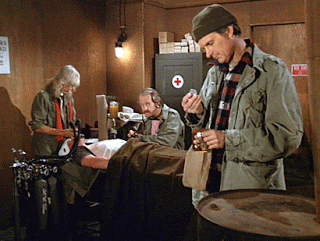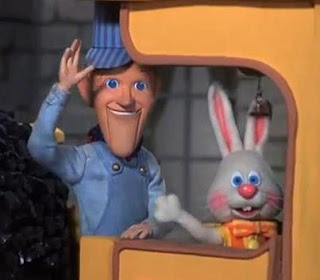Scrooge (1970)
.jpg)
We did a few adaptations of A Christmas Carol back when we started this blog, but we lost interest pretty fast. It wasn't so much that we were bored watching them (if that were enough, there's a host of genres we'd have dropped a decade ago), it's that we felt like we'd said everything we could possibly say on the subject. To put it another way, I figured if I'd seen one of these, I'd pretty much seen them all. I now realize I was wrong. Hilariously wrong. In more ways than I can count. Granted, if I'd tried watching through one after another back then, I'd have basically been wasting my time. The variations wouldn't have interested me back then, and I was too new to all this to perceive how different versions reflect their times or what they meant to holiday media in general. Even so, I should have watched this one ages ago. I have no excuse save ignorance for waiting this long. It's not so much that this is good or bad; it's that it'

.jpg)
.jpg)








